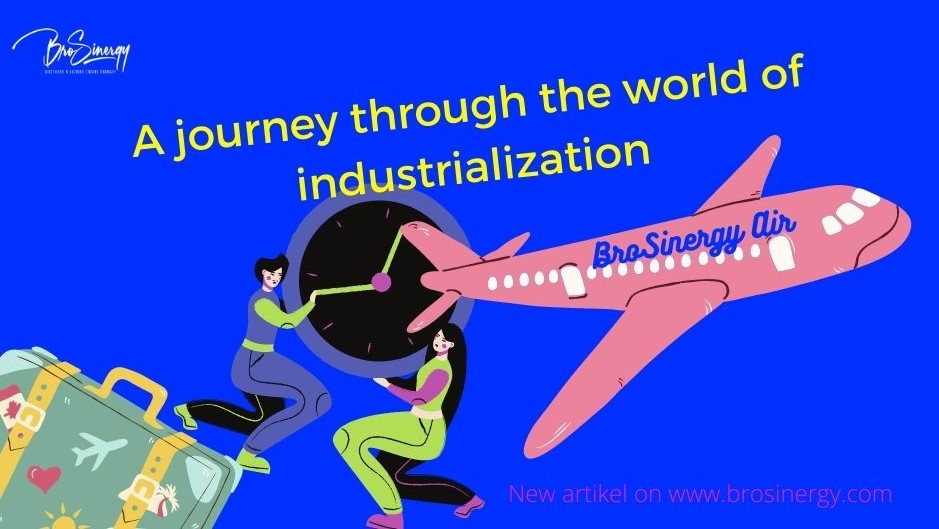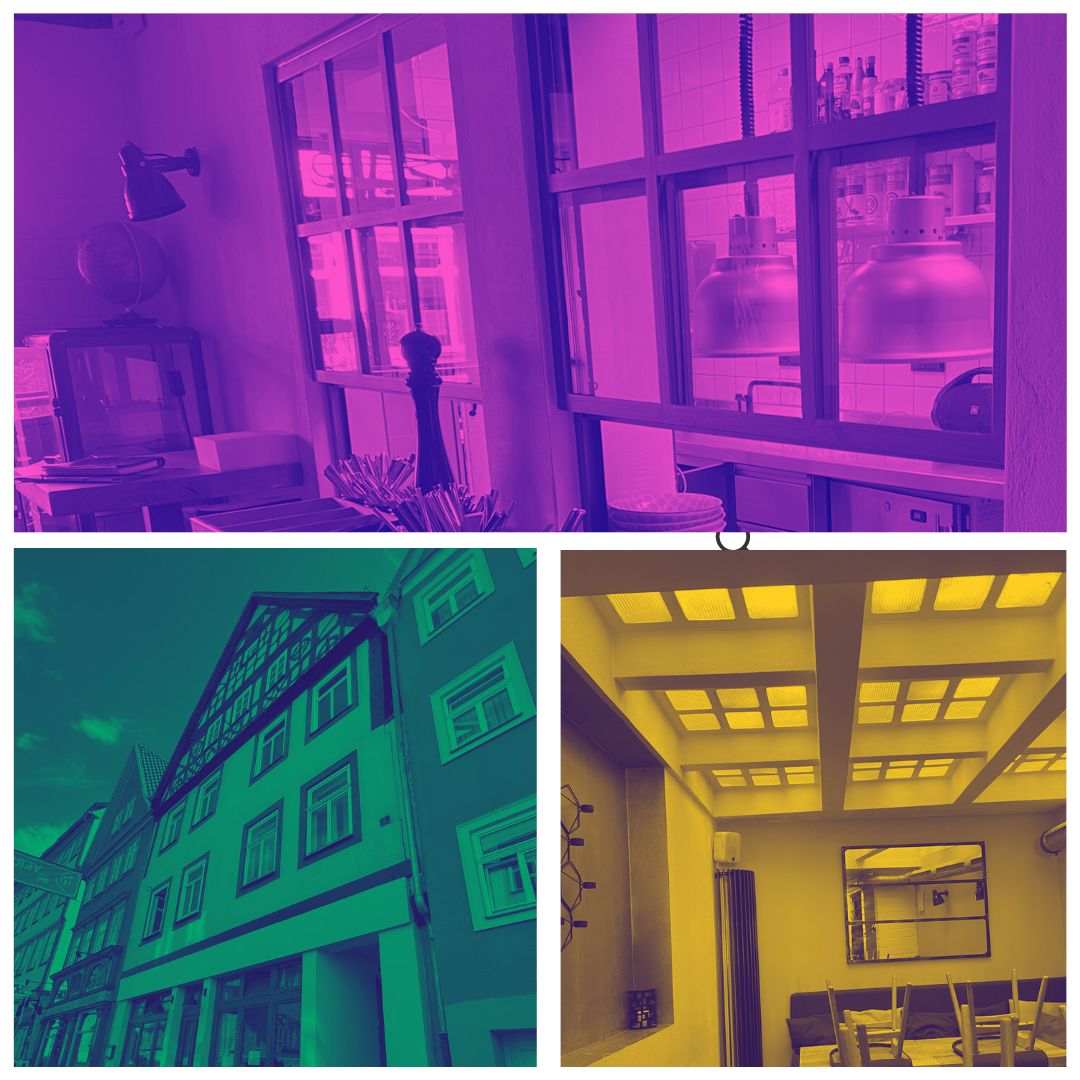A journey through the world of industrialization
Considering the pace of technology over the past three centuries, you will notice the high level of human driven innovations over time. As the world grew up into a VUCA world - in which everything became more and more volatile, uncertain, complex and ambivalent - inventions and technological achievements came thick and fast. A glance at the most exciting inventions clarifies our achievement. Let’s discover together the journey through the industrialization of mankind:
Industry 1.0 (from 1784): Mechanization and steam power
Steam engine (1690), electricity, the light bulb (1854), telephone (1859);
With the invention of the steam engine, the needs of the people came to the fore. Water and steam power made it possible that machines relieved people of heavy work. Local markets evolved and the production of goods enabled a high degree of customization (e.g. through the loom).
Industry 2.0 (from 1870): mass production and electrical energy
Tram, motorcycle and the first automobile (1881-1894), first airplane (1903), assembly line production (1903), first television program (1935), first digital computer (1941), the atomic bomb (1942), first orbit of the satellite Sputnik 1 (1957), Apollo 11 moon landing (1969);
Electricity and mass production characterize this period. Now the focus was on the machines, which achieved a high level of standardization and distribution of goods (e.g. assembly line production by Ford). People flew through space and stepped on the moon for the first time while the rest of the world watched it on TV from below.
Industry 3.0 (from 1969): automation, computers and electronics
Sending of the first email (1971), the first personal computer (1977), compact disk (1979), start of the World Wide Web and the first cellular network (1991), invention of GPS and instant messaging services such as IQC, Skype and SMS (1995 ) Decoding of the human genome (2003), cloud-based networks such as Facebook, Amazon, Google and Yahoo (2004), followed by YouTube (2005), construction of the Airbus A380 as the largest passenger aircraft in the world, introduction of HD TV, entry of the Voyager1 space probe into interstellar space and first landing on a comet using a space probe (2005), first smartphone (2007), particle accelerator LHC as the most powerful high-energy accelerator in the world (2008);
Automation and later the birth of the Internet laid the basis for the globalization of markets. Technological achievements led to a great demand for transparency, comparison portals and rating systems. The “Prosum” arose when the consumer not only received anymore, but also began to send back.
Industry 4.0 (from 2011): Cyber-physical systems, Internet of Things and networks
UMTS & LTE development, wireless human-machine interaction, mass customization, autonomous driving, on-demand streaming services and real-time transmission on television and smartphones (2015) up to the recent landing on Mars (2021);
The Internet of Things processes nowadays unimaginable amounts of data, which not only result in a high degree of individualization, but also in immense competitive pressure between companies all over the world. Global markets emerged and thus brought people's needs into focus. Since then, not only products and services have been individualized and adapted, but also people's living conditions. The famous work-life balance is almost "yesterday's news", because today jobs are adapted to people (job crafting), old beliefs are broken (gender diversity) and hierarchical structures are called into question.
So there is a lot we can be proud of. The only question is where our journey will take us next. What will be achieved by conquering the pandemic?
What do you think? Write me your comments or let's chat about it digitally!
An article written by Britta Viktoria Opatz, published on April 15, 2021.






